
Becca Aaronson
Director of Product

Director of Product
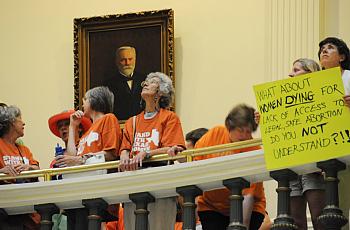
Despite Wendy Davis' filibuster, Texas lawmakers passed strict new abortion regulations in 2013. Here's what one reporter on the front lines learned from covering the changing landscape of women’s health and abortion in the Lone Star State.
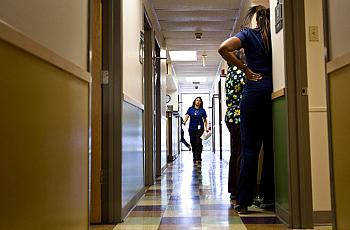
Texas lawmakers are looking for ways to fill the gaps in access to health care for the state’s poorest women, three years after making sharp cuts to the state’s family planning budget and rejecting a federally financed women’s health program in favor of their own.
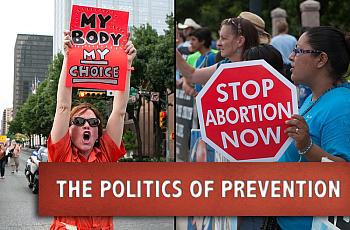
In a recently filed lawsuit, two Texas abortion doctors allege a Dallas-area hospital revoked their admitting privileges shortly after it became the target of anti-abortion protesters.
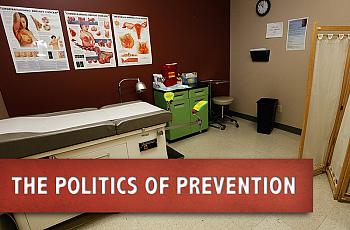
This story is part of an ongoing series that 2013 Dennis A. Hunt Fund for Health Journalism Grantee and National Health Journalism Fellow Becca Aaronson will write for the Texas Tribune on women's health care in the state. For a complete look at Aaronson's extensive coverage, click here.
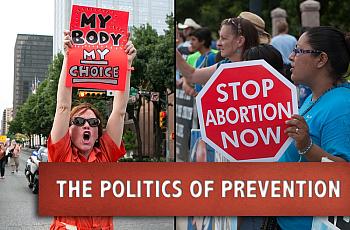
In a unanimous opinion by a three-judge panel, the 5th Circuit Court of Appeals recently upheld the new abortion regulations that were passed in July by the Republican-led Texas Legislature.

The number of licensed abortion providers in Texas is shrinking, and new rules set to take effect this September will likely bring the number of such facilities down to six. A recent Texas Tribune report maps the changing landscape.
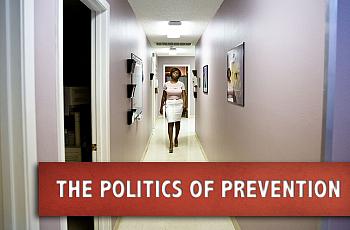
Proponents of the new abortion regulations in Texas say they improve safety standards to protect women's health at facilities that perform abortions. Abortion rights advocates argue that they've endangered women's safety and imposed on their constitutional right to an abortion.
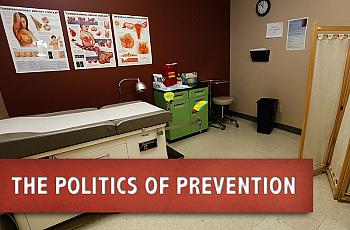
A state Senate Health and Human Services Committee hearing Thursday will assess Texas’ efforts to expand access to women’s health services across the state. But abortion rights advocates say an essential issue has been left off the agenda — the impact of strict abortion regulations passed last year.
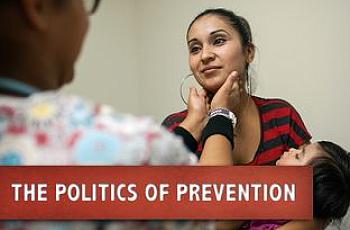
After Planned Parenthood was dropped from the Texas Women's Health Program, the state sought physicians to fill the gap. But physician groups generally don't receive additional government funding to help low-income women access services not expressly covered by the program.
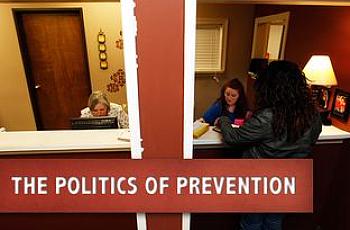
The Texas Department of State Health Services finalized strict new abortion regulations on Friday, claiming that none of the 19,000 public comments on the rules provided evidence that they are unconstitutional.